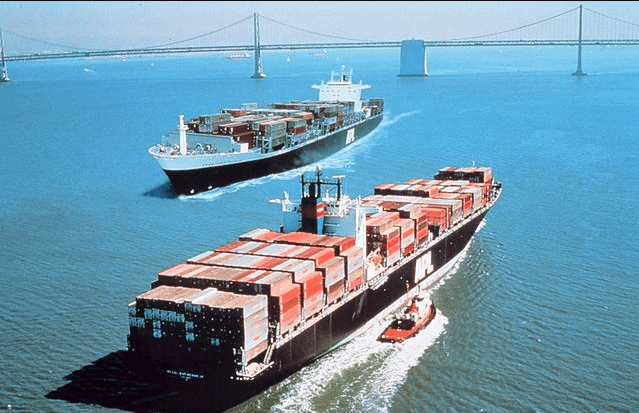The global shipping industry entered a state of heightened alert on Sunday following U.S. airstrikes on Iranian nuclear facilities, as fears mount that Tehran could retaliate against commercial vessels.
Greece issued a stark warning to its shipowners, advising them to reconsider entering the Persian Gulf, particularly the Strait of Hormuz — a strategic chokepoint for global oil shipments.
In a government circular, Greece’s shipping ministry recommended that vessels delay passage through the region and instead wait in nearby safe ports until tensions ease.
Naval forces operating in the region cautioned that ships with U.S. ties face elevated risk, especially in light of Iran’s proximity to the Strait of Hormuz, which handles nearly 20% of global oil trade. The shipping industry’s decisions in the coming days will be critical in determining how disruptions unfold.
This latest advisory from Athens underscores growing pressure on shipping markets, which have already seen tanker earnings surge nearly 90% since Israeli airstrikes began on June 13. As one of the world’s top shipowning nations, Greece’s guidance carries significant weight for global oil and commodity transport.
Despite the warnings, some shipowners may continue sailing through the Gulf, lured by rising freight rates that could compensate for the increased security risks. Greece’s ministry urged any vessels still planning to transit Hormuz to implement the highest security measures and steer as far as possible from Iranian territorial waters. The possibility of Iran closing the Strait entirely was cited as a major concern.
Naval intelligence centers echoed the growing alarm. The Joint Maritime Information Center (JMIC), which coordinates naval and merchant vessel communications, warned that U.S.-affiliated ships in the Red Sea and Gulf of Aden now face a high risk of attack. The advisory follows renewed threats from Yemen’s Houthi rebels, who had previously entered a ceasefire agreement with the U.S. in early May.
The European Union’s naval force in the region also raised its threat level for vessels linked to the U.S. and Israel, now rating the risk to those ships as “severe.” While ships not affiliated with those countries currently face a lower threat, EU officials cautioned that this could change quickly.
“This does not exclude the possibility of all merchant vessels being targeted in the future,” the EU’s MICA Center stated in an updated alert.
With tensions escalating and geopolitical risks rising, the next moves by global shipping firms could determine whether commercial navigation through one of the world’s most vital maritime corridors will continue — or grind to a halt.
Copyright Ships & Ports Ltd. Permission to use quotations from this article is granted subject to appropriate credit given to www.shipsandports.com.ng as the source.

